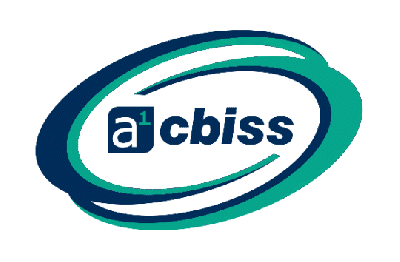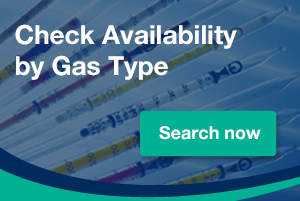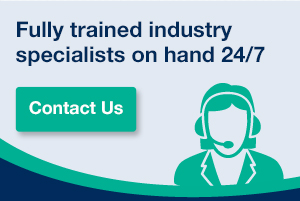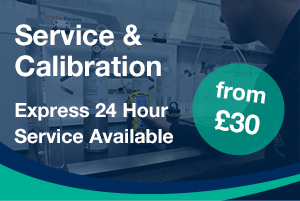Carbon dioxide (CO2) emissions combusted in Energy from Waste sites are among the leading factors which contribute to global warming. With the world attention of achieving net-zero targets within decades, the measurement of biogenic carbons has come into focus. Our case study explores how an EfW site has benefited from the installation of a proven biogenic CO2 sampler.
Introduction
MVV operates a highly modern and efficient Energy from Waste plant in Plymouth. It processes up to 265,000 tonnes of household, commercial and industrial residual waste.
It generates electricity as well as usable heat in combined heat and power (CHP) mode, thereby saving valuable fossil resources and reducing carbon dioxide output.

Background
The Renewable Obligation (RO) scheme, regulated by Ofgem, requires licensed electricity generators to source an increasing proportion of the electricity from renewable sources – in this case biogenic CO2.
For their part to prove that these renewable obligations have been met, EfW operators are heavily incentivised to prove the fraction of biogenic CO2 emissions. Operators obtain Renewable Obligation Certificates (ROCs) which are traded when the energy price is high.
To obtain ROC’s, the operator must prove biogenic content is at 50% or greater.
Problem
Previously, MVV operated a bespoke built sampling system utlising wet chemistry. This system was loosely based on the EN 13833 standard.
The first problem is that the manual system isn’t aligned with the standard and therefore isn’t fully representative of the feedstock because there were just 22 sampling periods per month.
Secondly, it wasn’t automated and therefore, required the operatives to take the sample. The sampling rig was quite delicate and therefore vulnerable to heavy handed use.
Solution
The AMESA-B was trialed as an upgrade to current sampling methodology.

Customer Benefits
- Provides full compliance with the EN standard
- Technologically advanced in comparison to their previous impinger system
- Continuous and therefore fully representative of the feedstock.
- Fully automated and requires no intervention (other than the technicians to replace sample cartridge monthly).
- Ofgem approved sampler – Operator can be confident of submitting accurate results to claim ROCs.
Finally, it can be configured into plant DCS to come online / offline when burners on /off command is initiated either manually or in auto and when the feed chute open / shut command is given.
Data is stored and later downloaded to capture plant data. This aids analysis in that the concentration of the sample is proportionate to the flow passed through it.
At the end of each month, the samples from each test rig are collected, processed, and sent to BETA analytical Miami who undertake 14C spectrometry. The laboratory results give MVV what they need to submit to Ofgem to obtain ROCs.
Result
The 18-month AMESA-B trial has presented improvements in the analysis of % biogenic fraction of CO2. Results have proved to be stable and more consistent than before. Following the trial, Ofgem has approved the system because they’re confident that the system (using 14C spectrometry) produces accurate results.
Therefore, the AMESA-B installation, the proven Biogenic CO2 Sampler has had a positive impact on the qualification of ROCs.
Firstly, the operator has been able to prove their biogenic content is greater than 50% to initially qualify for ROCs. Secondly, consistent results are yielding greater ROC returns. See how this is calculated here.




